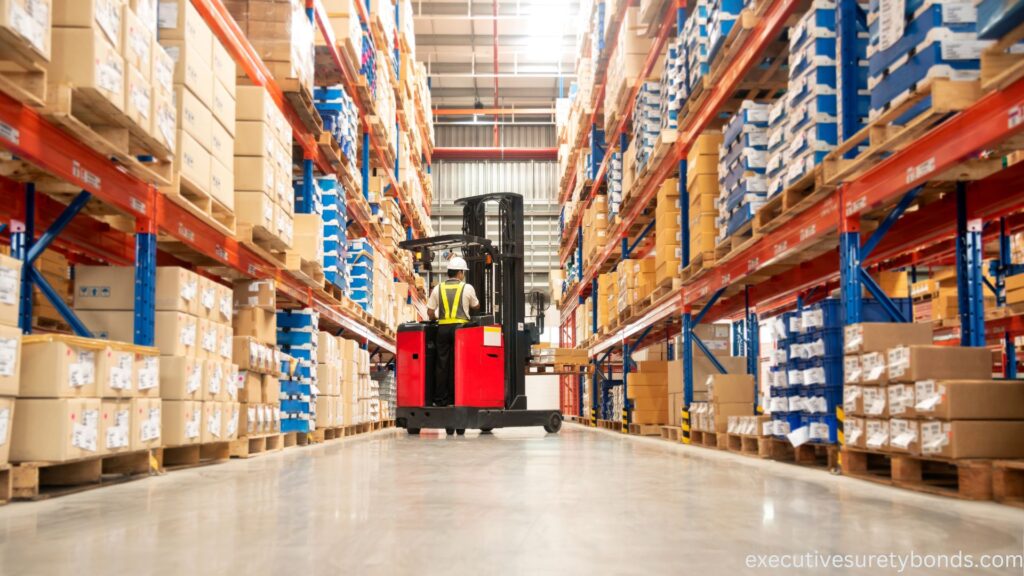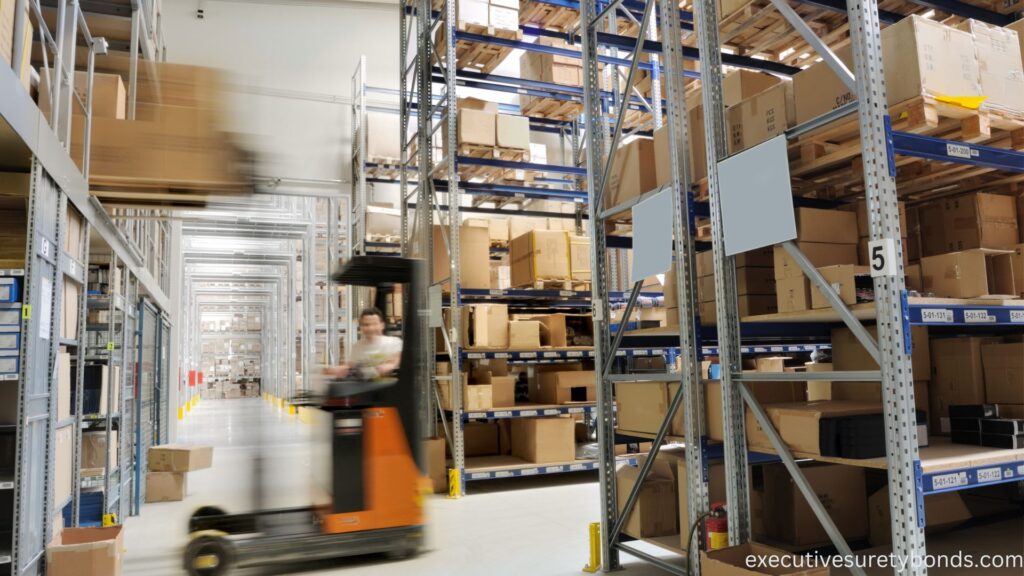Introduction
When you think about the products you buy online, from electronics to clothing, have you ever wondered where they are stored before they make their way to your doorstep? Warehouses play a crucial role in the distribution of goods, and in Louisiana, the Louisiana Warehouse Bond, often referred to as LACC (Louisiana Agricultural Commodity Commission), is a vital component that helps keep this process running smoothly. In this article, we will unravel the significance of the Louisiana Warehouse Bond and its role in supporting the state’s commerce.
Understanding the Louisiana Warehouse Bond (LACC)
The Louisiana Warehouse Bond, or LACC, is a financial guarantee required by the Louisiana Department of Agriculture and Forestry (LDAF) from warehouse operators. This bond ensures that warehouse operators comply with regulations and maintain proper storage conditions for agricultural commodities and other goods stored in their facilities.
Why is it Required?
The requirement for a Louisiana Warehouse Bond serves several crucial purposes:
- Consumer Protection: The bond provides protection for farmers and consumers. It ensures that the agricultural commodities stored in warehouses are kept safe and in good condition. In case of any mishaps or negligence, the bond can be used to compensate those affected.
- Regulatory Compliance: Warehouse operators must adhere to state laws and regulations regarding the storage of agricultural commodities. If they fail to do so, the bond can be used to cover fines and penalties.
- Maintaining Market Confidence: The bond helps maintain confidence in the marketplace. When producers and consumers know that there’s a financial safeguard in place, they are more likely to engage in trade and business transactions.
How Does it Affect Warehouse Operators and Consumers?
The presence of the Louisiana Warehouse Bond impacts both warehouse operators and consumers:
- Warehouse Operators: Warehouse operators must obtain and maintain this bond to operate legally. It represents a financial commitment to ensure they meet the required storage standards and regulations. Failure to comply with bond requirements can result in the suspension or revocation of their warehouse license.
- Consumers: Consumers benefit from the assurance that their agricultural products are stored safely and securely. Knowing that there is a bond in place to protect their interests can boost confidence in the products they purchase.
Conclusion
In conclusion, the Louisiana Warehouse Bond (LACC) is an essential element of Louisiana’s agricultural and commercial infrastructure. It helps ensure that agricultural commodities and other goods stored in warehouses are safe and well-maintained. This not only protects the interests of farmers and consumers but also fosters a robust and trustworthy marketplace. The next time you enjoy fresh produce or any other product, remember that behind the scenes, the Louisiana Warehouse Bond is helping to ensure the quality and safety of the goods you purchase.
Frequently Asked Questions
Can a warehouse operator use their personal assets as collateral instead of obtaining a Louisiana Warehouse Bond (LACC) to meet the requirements?
No, warehouse operators cannot use their personal assets as collateral in place of a Louisiana Warehouse Bond (LACC). The bond is a specific financial instrument required by the Louisiana Department of Agriculture and Forestry (LDAF) to ensure compliance with storage regulations. Personal assets cannot substitute for the bond, as it serves as a financial guarantee that can be used to compensate affected parties if the operator fails to meet their obligations.
Are there any variations in the bond amount required for different types or sizes of warehouses in Louisiana?
The bond amount required for the Louisiana Warehouse Bond (LACC) can vary based on factors such as the type and size of the warehouse, the commodities stored, and the volume of storage. The LDAF evaluates these factors to determine the appropriate bond amount for each warehouse operator. As a result, there can be variations in the bond amounts required for different warehouses in Louisiana.
Can a warehouse operator transfer their Louisiana Warehouse Bond (LACC) from one facility to another if they decide to move their operations to a different location within the state?
The transferability of a Louisiana Warehouse Bond (LACC) from one facility to another can depend on the specific circumstances and the approval of the Louisiana Department of Agriculture and Forestry (LDAF). In some cases, the bond may be transferable if the new facility meets all the regulatory requirements, and the LDAF approves the transfer. However, this process typically involves a thorough evaluation to ensure compliance with regulations at the new location. Operators should consult with the LDAF for guidance on transferring their bond in such cases.

